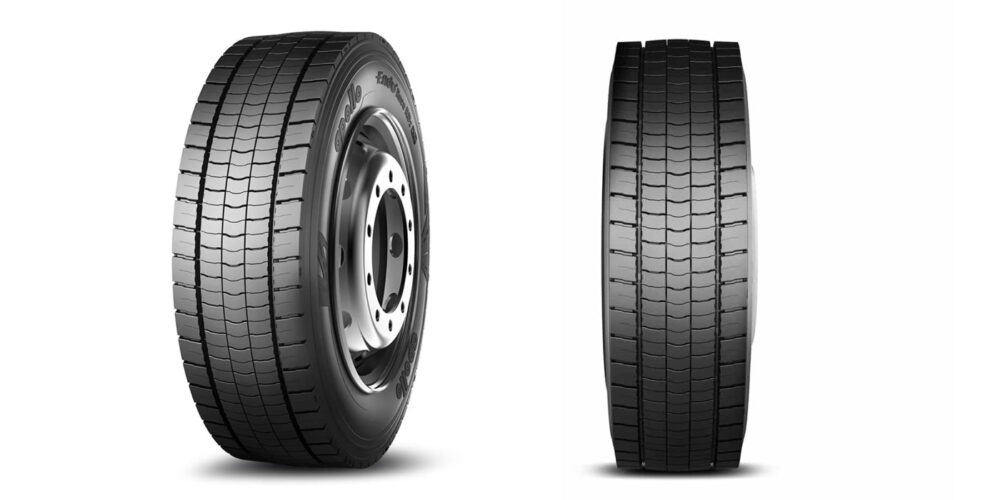Now that you understand how fuels are produced, the final product is ready to be delivered to customers that are spread across a wide geographical area. Fuels can be transported via pipe lines, rail carts, road tankers and sea [bulk cargo carriers]. The customer can be a bulk fuel depot that distributes the fuel to end users in a specific region, transporters, mining/quarrying operations or retail outlets.
When using pipelines, one has to understand that the infrastructure may be aging and that since the pipeline can be used for various fuels, fuel contamination is going to be a challenge that many will face. Similarly, road tankers aren’t dedicated for specific fluids. As a result, contamination once again rears its ugly head.
Transportation and storage vessels have various different sizes and shapes, and this ranges from the 750,000 L concrete tank with a floating roof to the 1,000 L tank that’s mounted to a trailer. When addressing filtration in the distribution chain, one has to take the following into consideration:
- Position of storage tank [above/below surface]
- Size of storage tank
- Seasonal conditions [high rainfall/maximum temperature difference/dust and wind factor]
- Site layout
In general storage tanks are installed and no maintenance procedure is followed. With time, particulate builds up in the tanks and this has to be removed by the onboard filters. Apart from particulate, water is another challenge that most end users face. Water can enter via the following ways:
- Condensation, this is a natural phenomenon and cannot be avoided
- Breathers that are poorly installed or the lack of tank breathers
- For underground tanks, seepage via poor installation or ground water that has eroded the tank and hasn’t been detected
Excessive water in fuel will result in corrosion, microbial growth and reduced fuel injector lifespan.
Filtering fuel in the distribution chain is critical bearing in mind the ultimate objective is to achieve an ISO Cleanliness of 14/13/11 before the fuel enters the vehicle’s diesel tank. Filtering fuel on the inlet to the storage tanks is called the “clean” process. This is the first stage of filtration for bulk storage where the contaminant from the distribution chain is removed.
Apart from the pump flow rate for decanting, one must also determine the monthly consumption of fuel used so that the filtration system is correctly sized. To reduce costs, most filter assemblies [particulate and coalescing assemblies] are sized slightly higher than the decanting flow rate but this is just a short term solution. As the volume of fuel increases, the number of element change-outs increase and eventually the end user discards the filtration system due to the high frequency of element change-outs.
Every storage tank, irrespective of size, must be fitted with a good quality breather. A breather prevents contaminant and water [moisture in the air] from entering the storage tank when fluid is being dispensed. When the tank is being filled, the air from the storage tank releases the water particles that have been trapped on the outer edge of the filter media. The micron rating for the filter media used on breathers should range between 3µm – 6µm [absolute]. Standard air elements should be avoided as some of these elements do not trap the water particles.
To comply with environmental impact, the filtration system on the inlet “clean” should be installed within the self-bunded wall and the installation should be fitted with indicators so that the end user is aware that the filter elements need to be replaced with a new set of elements.













